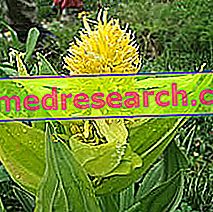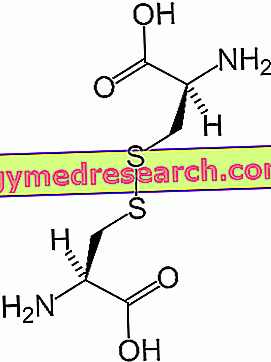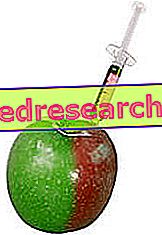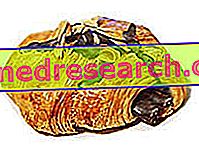
Scientific name
Gentiana lutea
Family
Gentianaceae
Origin
Central-Southern Europe
Used Parts
Drug given by the gentian roots harvested in the autumn between the second and fifth year (Official Pharmacopoeia)
Chemical constituents
- Bitter glucosides (genziopicrina, amarogentina and gentiacaulina);
- Yellow coloring matter (gentisine);
- mucilage;
- Essential oil;
- Alkaloids.
Gentian in Herbalist: Property of the Gentian
Gentian is used in different formulations to promote digestion, as it increases gastric motility and chloridropeptic secretion of the stomach, by direct action and by reflex mechanism (vagal stimulation). Furthermore, gentian is used in the treatment of anorexia, gastric atonias, long and laborious digestions and childrens' disapproval.
Biological activity
The use of gentian has been officially approved to stimulate the appetite and to treat dyspeptic disorders, such as the feeling of fullness and flatulence.
Gentian has proved very useful in treating the aforementioned disorders, thanks to its high content of bitter substances. These substances, in fact, are able to cause a stimulation of the taste receptors, the consequence of which is an increase in the secretion of saliva and an increase in the secretion of gastric juices. All this, therefore, results in an increase in appetite and an improvement in digestive processes and possible dyspeptic disorders.
Furthermore, tonic and restorative properties are also attributed to the plant. In fact, gentian can be easily found in the composition of herbal teas that boast the aforementioned activities (for more information on the uses of this plant in herbal teas, see the article dedicated to "Gentian in Tisane").
Moreover, from some studies conducted on gentian extracts, it emerged that these preparations also have an interesting antioxidant and fungistatic activity.
The genziopicrin, on the other hand, highly contained in the root, was effective - both alone and in association with china - in the treatment of malaria.
Gentian against lack of appetite and dyspeptic disorders
As mentioned, thanks to its high content of bitter substances, gentian is an effective remedy that can be used to promote appetite and digestion and, at the same time, it can be used to counter dyspeptic disorders, such as a sense of fullness and flatulence.
Generally, for the treatment of the aforementioned disorders, it is recommended to take a daily dose of about 2-4 grams of the drug.
In the case in which gentian tincture is used, instead, the dose of product usually recommended is about 1-4 ml, to be taken three times a day.
Gentian in folk medicine and homeopathy
The bitter-tonic properties of gentian have always been known and exploited by folk medicine that uses it, precisely, to counteract appetite and digestive disorders of various kinds, but not only. In fact, gentian is used in traditional medicine also as an antipyretic remedy.
Gentian is also used in homeopathic medicine, where it can be found in the form of granules, drops or mother tincture. In this context, the plant is used as a remedy for digestive disorders, gastric colic, intestinal colic and flatulence.
The dose of homeopathic remedy to be taken can be different between one individual and another, also depending on the type of preparation and the type of homeopathic dilution that one intends to use.
Side effects
Gastric hyperacidity and abdominal cramps may appear after taking gentian
Contraindications
Avoid taking gentian in case of hypersensitivity to one or more components and in patients with gastritis, peptic ulcer, hyperacidity, hiatal hernia and / or esophagitis.
Furthermore, the use of gentian is also contraindicated in pregnancy and during lactation.
Pharmacological Interactions
- Gentian extracts can increase the gastrolesivity of drugs or other herbs



